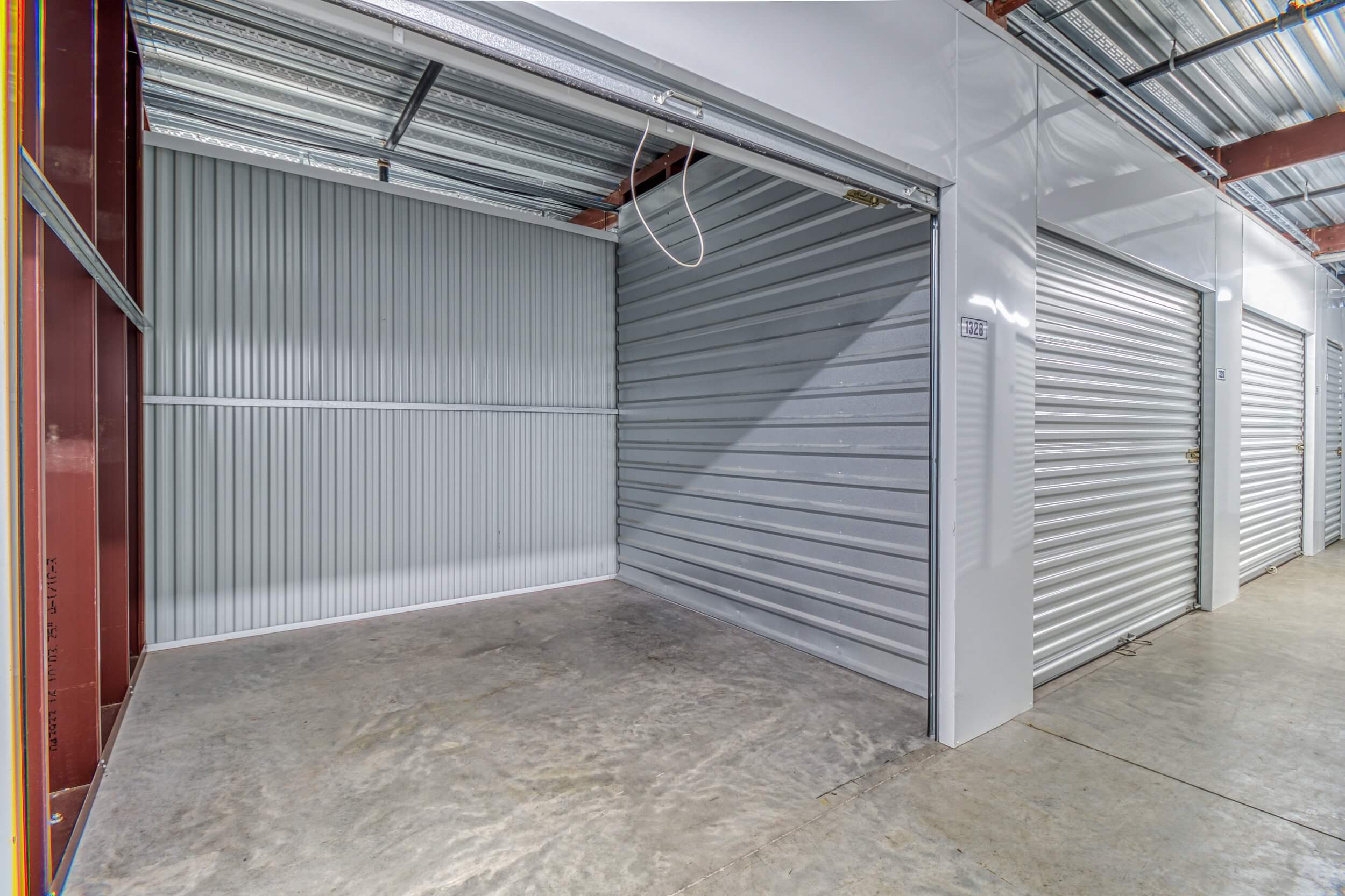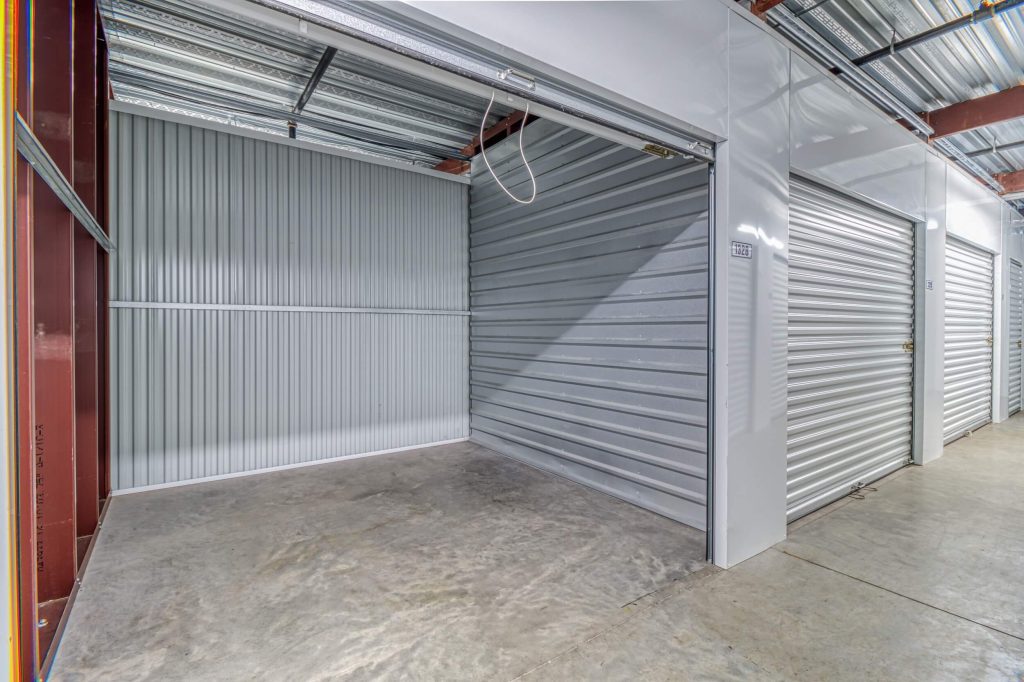
5 Items That Need Temperature-Controlled Storage
In the bustling city of Greenville, NC, many residents find themselves in need of extra storage space. Whether it’s for decluttering, relocating, or safeguarding treasures, storage solutions come in handy. Yet, not all items fare well in just any storage unit. Some valuables are sensitive to temperature fluctuations, requiring a controlled environment to maintain their condition. At iLockStorage, we understand the importance of preserving your belongings, and that’s why we offer temperature-controlled storage units. Let’s delve into the top 5 items that truly benefit from such specialized storage conditions.
Electronics and Media: Safekeeping in Controlled Climates
Electronics and various media items can be quite sensitive to both heat and cold. From your cherished vinyl record collection to your valuable home electronics, extreme temperatures can cause irreversible damage. When exposed to cold, the internal components of electronics can become brittle, while excess heat can melt or warp parts and erase or corrupt digital data.
For example, items like DVDs, CDs, and vinyl records can easily warp, while laptops, tablets, and cameras can suffer from reduced battery life or malfunction when stored in unfavorable conditions. According to SpareFoot, the safe storage of electronics demands a controlled environment, free from temperature extremes and humidity. Investing in temperature-controlled storage units ensures that your gadgets and media remain in optimal condition, ready for use whenever you need them.
Wooden Furniture: Preserving its Authentic Charm
Wood is an organic material, which means it’s especially vulnerable to fluctuations in temperature and humidity levels. Whether it’s an heirloom oak table passed down through generations or a contemporary wooden bookshelf, extreme environmental conditions can wreak havoc on your wooden furniture.
When exposed to damp conditions, wood can absorb moisture, leading to swelling or warping. On the other hand, excessively dry conditions can cause the wood to crack or split. Additionally, variations in temperature can make the wood expand and contract, weakening its structural integrity over time.
To ensure the longevity of your wooden items, it’s crucial to store them in an environment where both temperature and humidity are consistently regulated. A temperature-controlled storage unit offers precisely that – a protective haven where your wooden treasures can maintain their beauty and strength. Investing in temperature-controlled storage is a proactive step in preserving the value and aesthetics of your wooden furniture.
Musical Instruments: Striking the Right Note with Storage
Musical instruments, be it a grand piano, a delicate violin, or a vintage guitar, are not only valuable in monetary terms but also hold immense sentimental value for many. These instruments are finely crafted and can be extremely sensitive to external environmental factors.
Most musical instruments, especially those made of wood, are susceptible to damage from extreme temperatures and humidity. Prolonged exposure to these conditions can lead to warping, cracking, and even detuning. For instance, the wood in a guitar or violin can contract or expand, affecting its sound quality and playability. Brass instruments, on the other hand, can tarnish when subjected to high humidity levels.
Moreover, excessive dryness can lead to the shrinking of wood, making it brittle and prone to cracks. Pads and corks in woodwind instruments can also become misaligned in fluctuating conditions, affecting the overall sound.
Storing these instruments in a temperature-controlled environment helps mitigate these risks. As highlighted by the National Association for Music Education, proper care and storage are fundamental in maintaining the integrity and longevity of musical instruments. Therefore, considering temperature-controlled storage units for your beloved instruments can ensure they continue to produce harmonious melodies for years to come.
Art & Collectibles: Preserving Beauty and Value
Art and collectibles are more than just decorative pieces or items of interest; they are timeless expressions of culture, history, and personal sentiment. Whether it’s an intricate painting, a valuable coin collection, or limited-edition comic books, these items often hold substantial monetary and sentimental value.
However, they’re also sensitive to the environment around them. Paintings, especially those with oil-based paints, can start to crack or fade when exposed to extremes in temperature. Similarly, documents, stamps, or photographs can yellow, become brittle, or even degrade in high humidity or fluctuating temperatures.
Furthermore, sculptures made from materials like clay or other organic substances can expand or contract with temperature shifts, leading to cracks or deformities. Even metal collectibles aren’t safe; they can corrode when exposed to high humidity.
By placing your cherished art and collectibles in a temperature-controlled storage unit, you’re not just storing them; you’re actively preserving their essence, beauty, and value.
Wine Collections: Ensuring Optimal Aging and Preservation
For wine enthusiasts, there’s a thrill in collecting bottles, whether they are rare finds from across the globe or personal favorites. However, wines are sensitive to their surroundings, and incorrect storage conditions can quickly diminish their quality, rendering years of aging or significant investment moot.
Wines, especially reds, are meant to be stored at specific temperatures to age gracefully. Fluctuations in temperature can cause the wine to expand and contract. This movement can potentially push the cork out slightly, allowing air to enter the bottle, which can spoil the wine. On the other hand, excessively dry conditions can dry out the cork, which again might let air in, leading to oxidation.
Furthermore, high temperatures can expedite the aging process, but not in the desirable way wine aficionados look for. Instead of developing richer flavors and aromas over decades, wines might mature too quickly, losing their character and nuance.
According to Wine Spectator, ideal storage temperatures for aging wines hover around 55°F, though specific wines may have their own optimal ranges.
By choosing temperature-controlled storage for your wine collection, you’re not just storing bottles; you’re providing an environment where they can mature correctly, ensuring that when the time comes to pop the cork, the wine inside is at its best.
The Importance of Temperature-Controlled Storage
When it comes to preserving the integrity, quality, and value of certain items, temperature-controlled storage is not just a luxury—it’s a necessity. From electronics that can malfunction with temperature fluctuations to wines that require a stable environment to age perfectly, the right storage conditions make all the difference. At iLockStorage in Greenville, NC, we understand the nuances of these requirements. If you’re considering storage solutions for any of your valuable possessions, make sure you choose an environment that will maintain them in pristine condition for the long haul. After all, the best care today ensures optimum enjoyment tomorrow.


